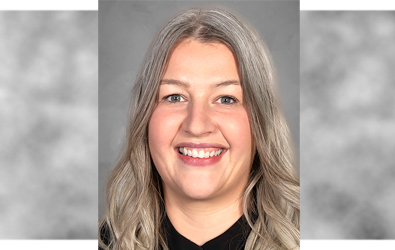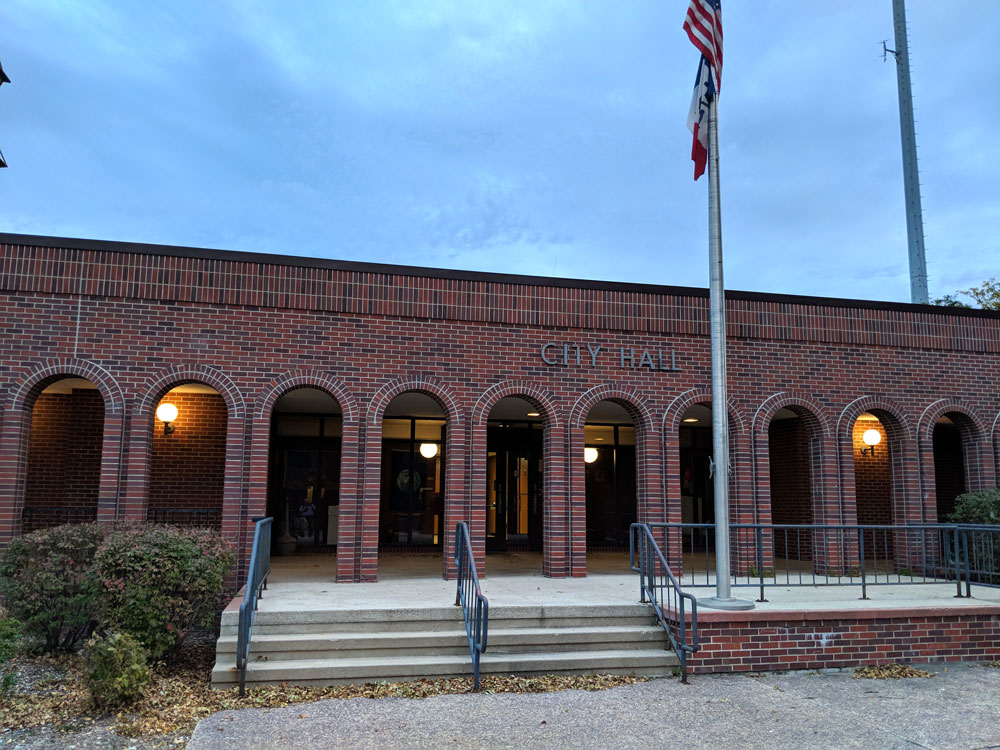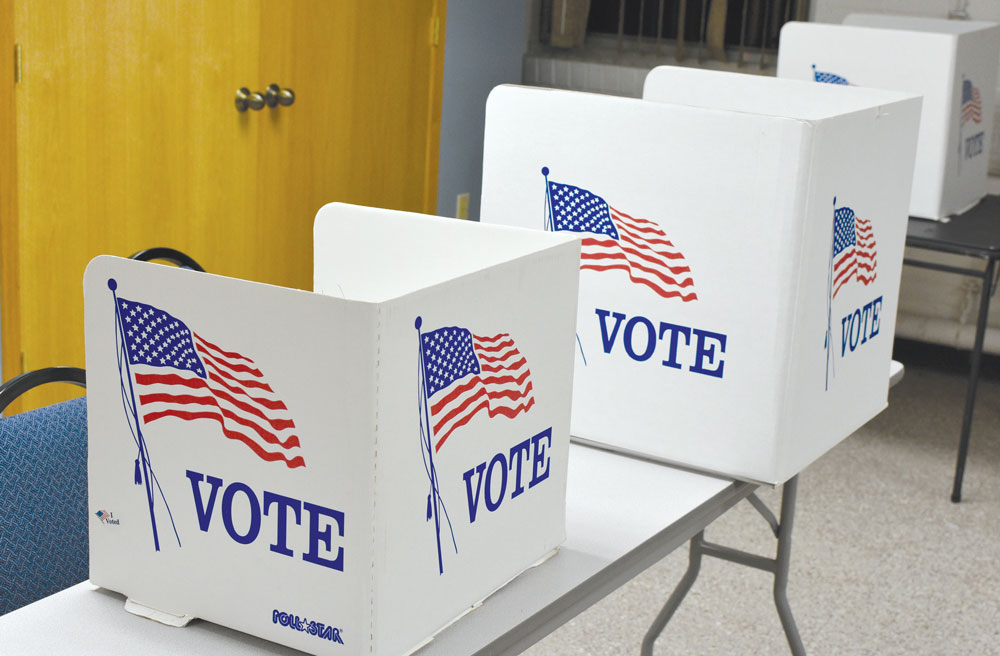Broadband Commission awards grants, welcomes new members
By Bob Steenson, bsteenson@charlescitypress.com
The Charles City Broadband Commission has taken a back seat this year as the new Telecommunications Utility Board of Trustees has undertaken the effort to establish a fiber internet service in the community.
In fact, the Broadband Commission hasn’t met on its own since last November – after recommending the city proceed with the fiber-to-the-premises project.
But the commission still has important work to do, said commission Chairman Mark Wicks.
Part of the business of the commission at its meeting Tuesday afternoon was welcoming two new members and bringing them up to speed.
Tad Barry and Kelvin Keifer have joined the group as voting members, and one position remains open. Josh Mack and Cady Mead remain as members.
The vacancies were created when commission members Jeff Marty, Danny Wilson Jr. and Cheryl Erb moved over to the Utility Board.
Wicks explained that in addition to advocating and consulting for broadband efforts in the community, the commission administers the city’s public access network (PAN), and oversees the use of what is currently about $58,000 to $60,000 a year in cable TV franchise fees paid by Mediacom.
The commission has been around since 1995, but it was in 1998 that an interagency agreement – called a 28E agreement – was signed by the City Council, the Charles City Board of Education, the Charles City Chamber of Commerce and Community Revitalization to provide for operation of the PAN.
Renewing that 28E agreement will be one of the tasks of the next couple of meetings of the commission, since the most recent agreement expired June 30.
Commission member Mack said this isn’t the first time it has lapsed.
“I think this is the second year in a row that it’s expired,” Mack said. “I think there’s just good-faith negotiations on both sides that we’re going to make something work. That’s what we’re going to work toward.”
Another of the commission’s duties is to administer Technology Assistance Grants, typically a total of $3,000 a year that also comes from the cable TV franchise fees, that is available on a first-come, first-served basis to help encourage Charles City businesses to improve in their technology.
City Administrator Steve Diers, who advises the commission, said this year the City Council reduced the budget amount for the grants to $1,500, because of some anticipated expenditures in other areas, including new equipment needed for the PAN.
But, Diers said, the commission has a cash balance of about $66,000, so if it wanted to spend more than the $1,500 for grants it could vote to do so.
The grants reimburse verified expenses for technological improvements to a business at the rate of 20% for purchases made locally and 10% for purchases made elsewhere, up to a maximum of $2,000 per grant.
Two grant requests were approved in full at the meeting, spending a total of $2,518.89. They went to:
- Stewart Realty, which spent almost $5,200 to upgrade computers and software and purchase software licenses at the business, purchases made outside of Charles City, asking for reimbursement of $518.89.
- Unique Country Store, which spent more than $21,000 for a system purchased outside of Charles City to be able to print on and cut latex to create signs, banners, window covers, transfers, stickers, vehicle wraps and more, asking for the maximum reimbursement grant of $2,000.
Members of the commission held a discussion on whether there were any requirements that went along with a grant for a recipient to remain in Charles City for a certain length of time.
Commission member Keifer said it would be easy with most types of technology to relocate a business and take the technology with it.
Mack said he doesn’t like rules that are not enforced, and questioned if the city would be willing to spend $5,000 in legal fees to recover a $2,000 grant.
Wicks said he would put the issue on the agenda for discussion at the next meeting, and suggested the board could adopt wording that says the commission “may” request some of the grant back if the business leaves before a certain time.
Wicks said the grants are an important tool for economic development. Though some businesses may not be aware the grants exist, they can be meaningful.
“Five hundred dollars doesn’t necessarily seem like a lot, but when a business invests and spends money like that, anything they get back is a further incentive for them to do business in Charles City,” said Wicks, who as the community development director is director of the Chamber and of Community Revitalization.
“This is just something else in the toolbox,” he said. “We talk about this to new businesses and business expansions that come into our office.”
Also at the commission meeting, Diers updated the members on the current status of the community broadband fiber-to-the-premises project.
The Telecommunications Utility Board of Trustees is working on financing for the project, he said.
“It’s been a long process, longer than we anticipated,” Diers said.
“We look to get that financing in place by November so that the project could then start this coming spring,” he said. “We wanted to be started by now. We wanted to be marketing it. We wanted to hire our GM (general manager). We wanted to be approving the outside plant, which is the fiber within town. … We had all that stuff in place waiting to go, we just have to get that financing piece finalized, then the project will be off and running.”









Social Share